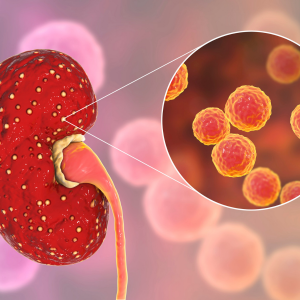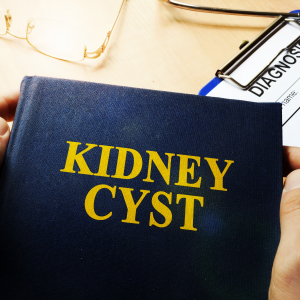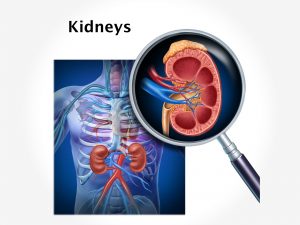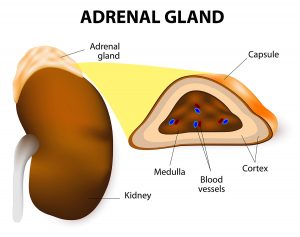Causes and risk factors:
Normally the glomerular basement membrane is a thin layer of cells which acts as a filter, separating blood from urine. In membranous this layer is damaged and as result it goes on thickening up thus causing the passage of blood and protein in the urine. The immune complexes are built-up in the kidney. These immune complexes are formed due to the antibody antigen reaction. Membranous nephropathy can either be primary or secondary. Mostly the cause of membranous nephropathy is not known. Most of the times it is associated with other diseases mostly cancer. It also occurs as a result of side effects of certain medications .Autoimmune disorders like SLE, certain infections like syphilis, malaria, hepatitis C etc immnocompromised conditions like HIV all can predispose membranous nephropathy. Exposure to toxic substances like mercury, lead, gold can also lead to membranous nephropathy.
Clinical presentations:
The symptoms develop gradually. The patient can complain of edema, it can be seen anywhere on the body. Frequent urination occurs. The patient has to get up frequently at night to pass urine. The urine is foamy as compared to the normal. Microscopic examination reveals presence of blood and proteins in urine. There occurs loss of appetite, but inspite of this weight gain is complained by the patient. Palpitation occurs due to rise in blood pressure. The patient experiences easy fatigue and weakness. In most of the cases membranous nephropathy lead to some kind of renal damage while a few land up in end stage renal disease.
Diagnosis and investigations:
Diagnosis is done on the basis of symptoms narrated by the patient and the examination carried out by the doctor. Physical examination shows edema. Monitoring of the blood pressure reveals raised blood pressure. Certain investigations which are recommended are urine analysis (Urine Routine and urine culture), complete blood count and renal function test. Renal biopsy is diagnostic. Certain other tests like Liver function test, cryoglobulin test, antinuclear antibody test etc can also be recommended to find out the underlying causation.
Treatment:
As membranous nephropathy is most of the time associated with other diseases, finding that and treating the underlying cause is the main line of treatment. ACE inhibitors are administered to control the blood pressure. Diuretic medications along with immnusuppresing agents are also administered. Low protein diet and low salt intake along with Vitamin D supplements are given
Other modes of treatment:
The other modes of treatment can also be effective in treating kidney infection. Homoeopathy is a science which deals with individualization and considers a person in a holistic way. This science can be helpful in combating the symptoms. The Ayurvedic system of medicine which uses herbs and synthetic derivates can also be beneficial in combating the complaints.
Recent update:
Researchers have identified the target antigen PLA2R in patients with idiopathic membranous nephropathy which is useful for the diagnosis and treatment of this disease.
Facts and Figure:
Incidence is seen in 2 out of every 10000 people.






















